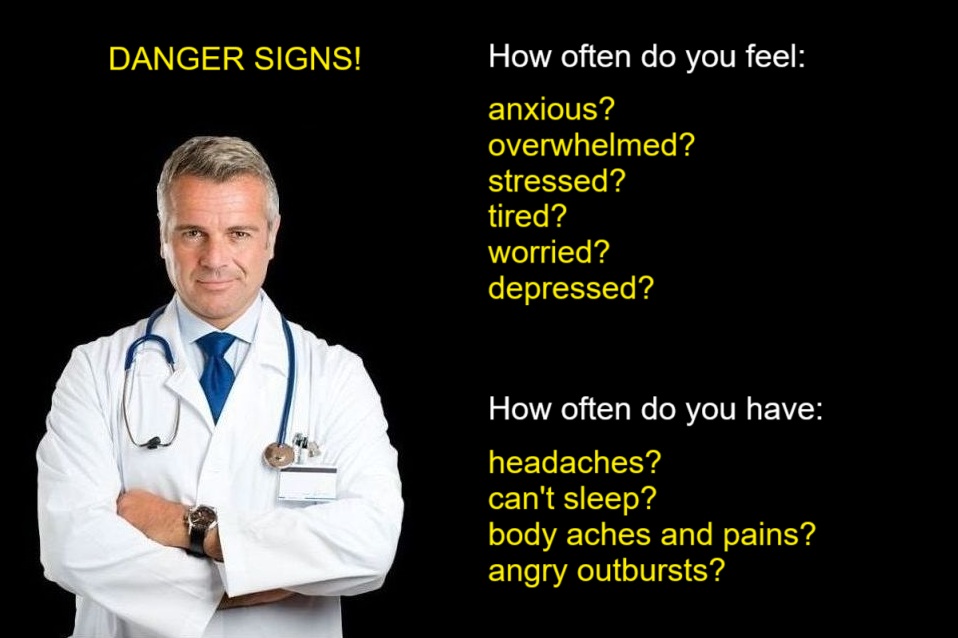Homelessness is a crisis that affects millions of people worldwide, causing not only physical discomfort but also profound psychological trauma. The journey into homelessness can be sudden, triggered by unforeseen events such as job loss, medical emergencies, domestic violence, or natural disasters. This article delves into the mental health impacts of experiencing sudden homelessness, exploring the trauma it inflicts and the long-term psychological scars that can result. Understanding these effects is crucial for developing effective support systems and interventions to help individuals recover and reintegrate into stable living situations.
The Trauma of Sudden Homelessness
Sudden homelessness can be particularly devastating because it often involves a rapid transition from a state of stability and security to one of uncertainty and vulnerability. This transition can trigger a range of traumatic responses, including shock, denial, anxiety, and depression. The loss of a home, which is often closely tied to one’s sense of identity and community, can lead to feelings of dislocation and disorientation. Individuals may struggle to come to terms with their new circumstances, feeling a deep sense of failure or shame.
The initial period of homelessness is marked by a desperate search for immediate needs such as food, shelter, and safety. However, as the days turn into weeks, and the weeks into months, the psychological toll of living in precarious conditions begins to manifest. The constant stress of finding daily necessities, coupled with the lack of privacy and dignity, can erode an individual’s mental health resilience. Sleep disturbances, heightened anxiety, and depressive episodes are common among those experiencing homelessness, further complicating their ability to navigate out of their situation.
Psychological Scars of Homelessness
The psychological scars resulting from sudden homelessness are multifaceted and can be long-lasting. One of the most significant impacts is the development of post-traumatic stress disorder (PTSD). The traumatic experience of losing one’s home, combined with the dangers and uncertainties of living on the streets or in shelters, can lead to the development of PTSD symptoms such as flashbacks, severe anxiety, and uncontrollable thoughts about the trauma.
Moreover, the experience of homelessness can lead to a profound sense of mistrust and cynicism. Individuals may feel betrayed by the systems that were supposed to support them, leading to difficulties in forming trusting relationships in the future. This mistrust can extend to social services and healthcare providers, making it challenging for individuals to seek and accept help.
The stigma associated with homelessness also plays a significant role in the psychological scarring. Societal perceptions of homelessness often blame the individual rather than addressing the structural issues that lead to homelessness, such as lack of affordable housing, poverty, and inadequate mental health services. This stigma can lead to internalized shame and self-blame, further exacerbating mental health issues.
The Importance of Early Intervention and Support
Early intervention and comprehensive support are critical in mitigating the psychological scars of sudden homelessness. This includes immediate access to mental health services, such as counseling and therapy, to address the trauma and stress associated with homelessness. Additionally, support in finding stable and affordable housing is essential, as it provides a foundation for recovery and rehabilitation.
Community-based initiatives that offer a holistic approach to addressing homelessness, including job training, education, and social support, can also play a vital role. These programs help individuals regain a sense of purpose and belonging, which are crucial for mental health recovery. Furthermore, addressing the root causes of homelessness, such as poverty and lack of affordable housing, through policy changes and community engagement, is essential for preventing future instances of sudden homelessness.
Conclusion
The trauma of sudden homelessness and its long-term psychological scars are complex issues that require a multifaceted approach to address. By understanding the psychological impacts of homelessness, we can work towards creating more effective support systems that prioritize mental health recovery and rehabilitation. It is imperative that we shift the narrative around homelessness from blame to compassion, recognizing that homelessness is often the result of systemic failures rather than personal shortcomings. Through early intervention, comprehensive support, and a commitment to addressing the root causes of homelessness, we can help individuals transition from despair back to stability, ensuring that they have the opportunity to heal and thrive.
Recommendations for Future Action
- Increase Access to Mental Health Services: Ensure that individuals experiencing homelessness have immediate access to mental health services, including counseling, therapy, and psychiatric care.
- Affordable Housing Initiatives: Implement policies and programs aimed at increasing the availability of affordable housing, recognizing that stable housing is foundational to mental health recovery.
- Community Engagement and Education: Engage in community education efforts to combat stigma and promote understanding of the causes and effects of homelessness.
- Holistic Support Programs: Develop and fund programs that offer a holistic approach to addressing homelessness, including job training, education, and social support services.
- Research and Policy Development: Continuously conduct research on the psychological impacts of homelessness and use findings to inform policy developments aimed at preventing and addressing homelessness.
By taking these steps, we can work towards a future where the trauma of sudden homelessness is mitigated, and individuals have the support they need to recover and rebuild their lives. The journey towards stability and mental health wellness is complex, but with compassion, understanding, and comprehensive support, it is possible for individuals to overcome the despair of homelessness and achieve a fulfilling life.










